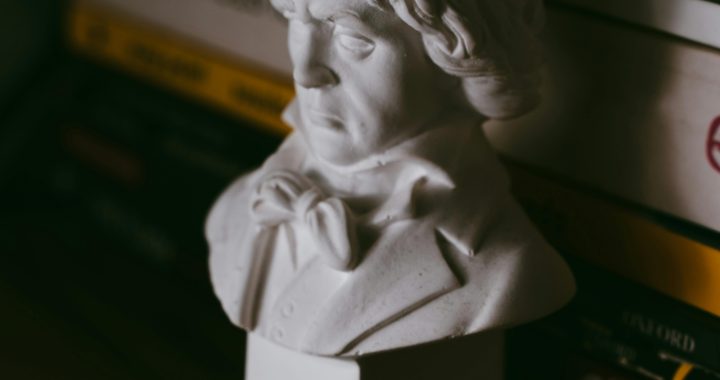To date, artificial intelligence seems to have found its way into just about every corner of our society, from science to art to literature to politics. Yet, all the recent discussions of how A.I. might actually possess consciousness notwithstanding, there doesn’t seem to have been many attempts to relate A.I. and the virtual world to the activities having to do with some larger spiritual dimension, such as might be found in such things as yoga practices, various forms of meditation, or even mindfulness programs and activities. That is, could it be possible that the virtual paths inherent in A.I. could lead one toward some larger, spiritually based consciousness if used properly?
If one looks at how great artists, scientists, or thinkers such as Einstein, Picasso, Krishnamurti or Beethoven pursued the type of art or thought which in fact did lead toward a larger consciousness, what seems strikingly apparent is that they did so by weaving important aspects of their personal lives into their search. That is, their important creations, investigations, and discoveries invariably emanated from thoughts and emotions which were quite obviously highly unique to each of them. And in many cases, it was even those thoughts and feelings which troubled them most which led directly toward great art, science, or thought.
For example, there is certainly a direct link between the troublesome states of mind which plagued Virginia Woolf during one of her depressive illnesses, during which she would often lose control of the pattern of her thoughts, and the brilliant stream of consciousness writing which would appear in her novels. That is, as painful as it was for her at times, the first often led inexorably toward the second. In similar fashion, the terrible burden which Beethoven experienced as he realized that he was growing deaf led to his heroic defiance of fate which can be heard so clearly in his iconic Fifth Symphony. Once again, his eventual triumphant state which can be heard in that brilliant piece of music most likely couldn’t exist without the dark night of the soul which Bethoven first went through.
When viewed through a larger lens, these are in fact important spiritual developments in the lives of these two great artists. That is to say, the personal difficulties and suffering they endured led directly toward the sort of larger consciousness which was part of their brilliant creations. Virginia Woolf’s stream of consciousness writing pointed inevitably toward a limitless awareness that exists beyond words, thoughts, and past knowledge; while the music of Beethoven, particularly that which can be heard in his latter string quartets, points toward a sublime acceptance of all which life may have to offer, a state of being which then points inevitably toward something larger.
In other words, when searching for a larger consciousness, through one’s art, scientific investigations, or through other means, it is impossible to separate what might be difficult aspects of one’s personal life from one’s larger spiritual development, that is if one wants to use that term. Therefore, this is something that artificial intelligence will never be able to accomplish; taking into account how one’s personal development, as difficult as it may be at times, can never be separated from the search for a potential spiritual core to life, arrived at through a larger, more expansive consciousness. Let us hope we all can soon realize this.
